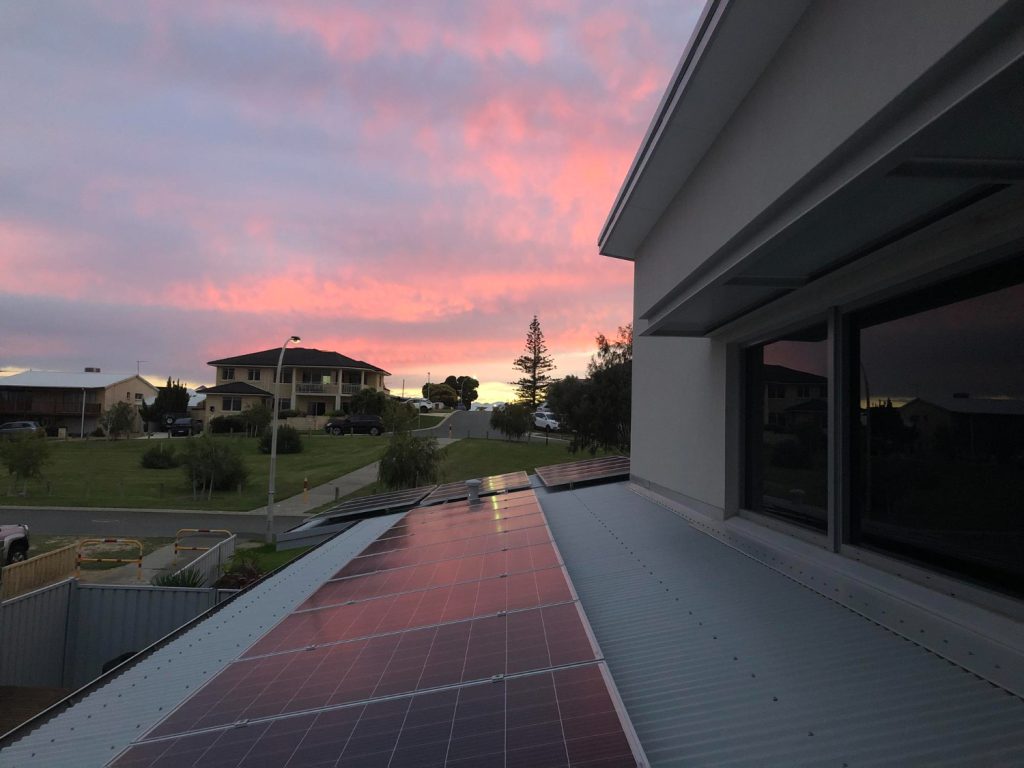Solar energy is revolutionizing how we generate and consume electricity, especially with the growing popularity of solar setup for home use. While rooftop installations are the most common application, there are numerous innovative ways to harness solar power. This blog explores some creative and practical uses for solar panels beyond traditional rooftops.
Floating Solar Farms
Floating solar farms, or “floatovoltaics,” are an innovative solution to land scarcity. These solar panels are installed on bodies of water such as lakes, reservoirs, and ponds. Floating solar farms have several benefits:
- Efficiency: Water cools the panels, improving efficiency.
- Water Conservation: They reduce water evaporation and inhibit algae growth.
- Land Use: They free up valuable land for other uses.
In India, where land is at a premium, floating solar farms offer a sustainable solution to expanding solar capacity without competing for space.
Solar-Powered Greenhouses
Integrating solar panels into greenhouses is another innovative use of this technology. Solar panels can be installed on greenhouse roofs, providing power for heating, cooling, and irrigation systems. This setup not only generates renewable energy but also optimizes growing conditions for crops.
Greenhouse-integrated solar systems can significantly reduce operating costs for farmers and enhance the sustainability of agricultural practices.
Solar-Powered EV Charging Stations
With the rise of electric vehicles (EVs), there’s a growing need for convenient and eco-friendly charging solutions. Solar-powered EV charging stations use solar panels to generate electricity for charging EVs, reducing reliance on the grid and lowering carbon footprints. These stations can be installed in public places, businesses, and residential areas.
Such setups can be particularly beneficial in India, where the government is promoting the adoption of electric vehicles as part of its clean energy initiatives.
Solar Windows and Facades
Solar windows and facades represent a significant advancement in building-integrated photovoltaics (BIPV). These systems incorporate solar cells into windows and building facades, allowing structures to generate electricity without compromising aesthetics.
Benefits of solar windows and facades include:
- Aesthetic Appeal: Seamlessly integrated into building designs.
- Energy Efficiency: Reduce reliance on external power sources.
- Space Utilization: Maximize energy generation in urban environments.
This technology is ideal for high-rise buildings and urban areas where space for traditional solar installations is limited.
Portable Solar Chargers
Portable solar chargers are compact and versatile, making them perfect for outdoor enthusiasts, travelers, and anyone needing a reliable power source on the go. These devices use small solar panels to charge electronics like smartphones, tablets, and laptops.
The solar plate price for home use can vary, but portable options offer an affordable entry point for personal solar energy solutions.
Solar Street Lighting
Solar street lights are an effective way to provide lighting in remote and urban areas without extensive infrastructure. These lights have integrated solar panels, batteries, and LED lamps, making them self-sufficient and environmentally friendly.
Solar street lighting can enhance public safety, reduce energy costs, and provide reliable lighting in areas with unreliable grid connections.
Solar-Powered Water Heaters
Solar water heaters uses of solar panels to heat water for domestic and commercial use. This system can significantly reduce electricity or gas consumption for water heating, making it a cost-effective and sustainable option.
In India, where hot water is a necessity for many households, solar water heaters offer an eco-friendly solution. The solar panel price in India for home use varies, but investing in solar water heaters can lead to substantial long-term savings.
Solar Canopies and Carports
Solar canopies and carports provide shaded parking while generating electricity. These structures can be installed in parking lots, driveways, and public spaces. They not only protect vehicles from the elements but also contribute to renewable energy generation.
Solar canopies are an excellent way to utilize large, open parking areas for energy production, benefiting both commercial and residential properties.
Solar-Powered Desalination
Solar-powered desalination uses solar energy to convert seawater into fresh water. This technology is crucial for areas facing water scarcity. Solar desalination plants can provide a sustainable source of drinking water, particularly in coastal and arid regions.
In India, where water scarcity is a significant issue, solar desalination offers a promising solution to provide clean water to millions.
Conclusion
The versatility of solar panels extends far beyond traditional rooftop installations. From solar setup for home innovations like solar water heaters and portable chargers to large-scale applications like floating solar farms and solar-powered desalination, the potential uses for solar technology are vast and varied.
For those looking to invest in solar energy, exploring options beyond rooftops can lead to more efficient and creative applications. The best solar system for home in India is not limited to rooftops; it can be integrated into various aspects of daily life, enhancing sustainability and reducing reliance on non-renewable energy sources.
Whether you’re considering the solar panel price in India for home use or seeking the best solar panel distributors in India, these innovative uses of solar panels demonstrates brightly and multifaceted. By embracing these innovations, we can create a more sustainable and energy-efficient world.





